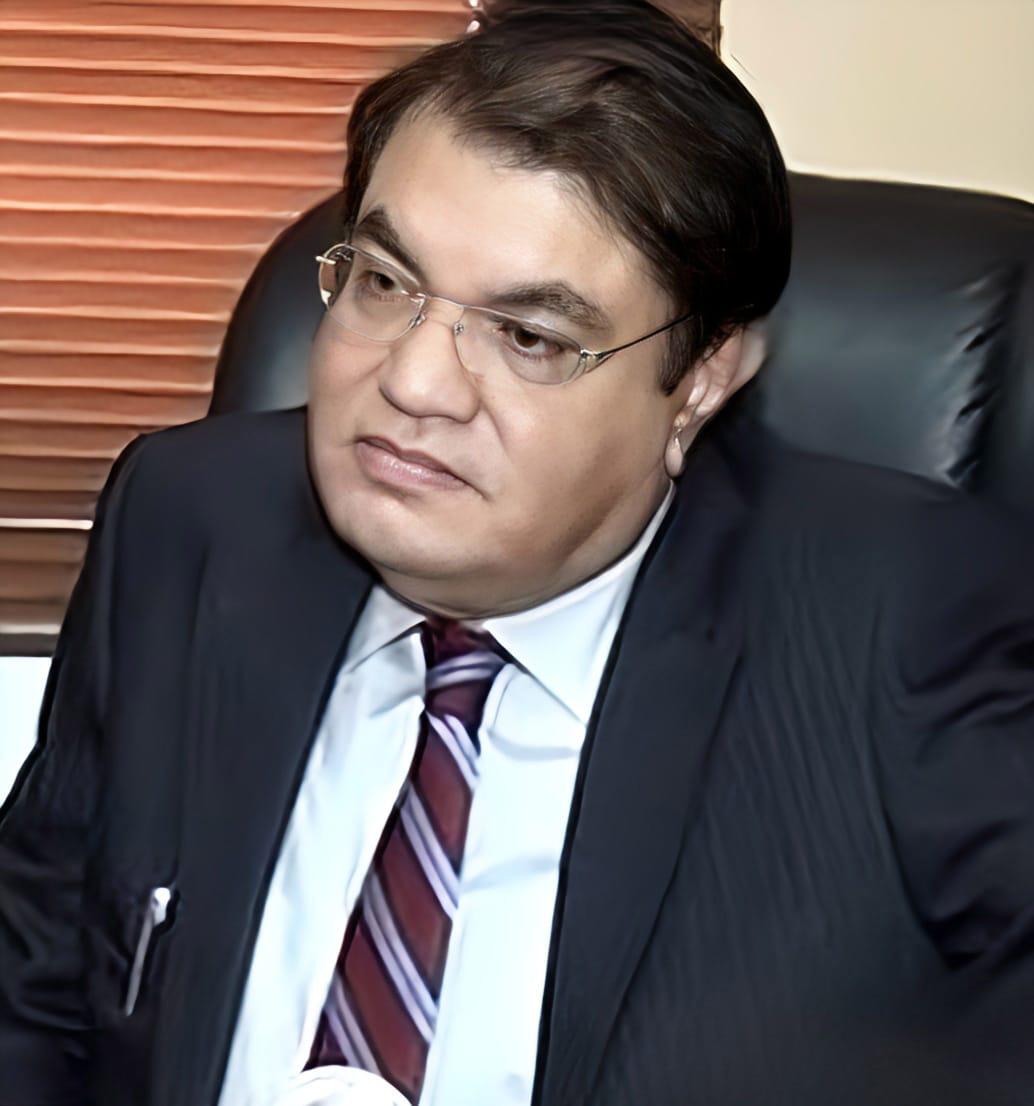Staff Report
ISLAMABAD:The Chairman of National Business Group Pakistan, the President of the Pakistan Businessmen and Intellectuals Forum, the President of All Karachi Industrial Alliance, the Chairman of the FPCCI Advisory Board, and the President and former provincial minister, Mian Zahid Hussain, said on Friday that the business community has high expectations from the new budget.
He said that amid an ongoing economic crisis, high inflation, and widespread unemployment, the public is looking to the government for a budget that offers meaningful relief, enabling the industrial and trade sectors to move toward stability, ease of doing business, and growth.
Talking to the business community, the veteran business leader said that the private sector seeks a budget that promotes investment, lowers production costs, broadens the tax base, boosts exports, eliminates the trade deficit, and helps the economy function at full strength. At the same time, an increase in the defence budget is essential. Concrete measures must also be introduced to promote austerity, control unnecessary spending, and curb corruption.
Mian Zahid Hussain said the Pakistani economy has been under pressure for several years. While measures taken under IMF conditions helped Pakistan avoid default, they also burdened the population with unemployment and inflation. Given these circumstances, the new budget must combine public relief with structural economic reforms.
He added that unnecessary subsidies should be eliminated, tax exemptions must be reviewed, government expenditures must be curtailed, and failing state-owned enterprises should be privatized. Mian Zahid Hussain emphasized that agriculture, IT, exports, and the SME sector must be prioritized for support so that they can generate jobs and strengthen the economy.
Operationalizing special economic zones, ensuring uninterrupted and affordable energy supply, and improving infrastructure should also be priorities. He further stated that the budget should not be viewed merely as a tool for increasing revenue but rather as a means of promoting public welfare, industrial progress, and poverty reduction.

